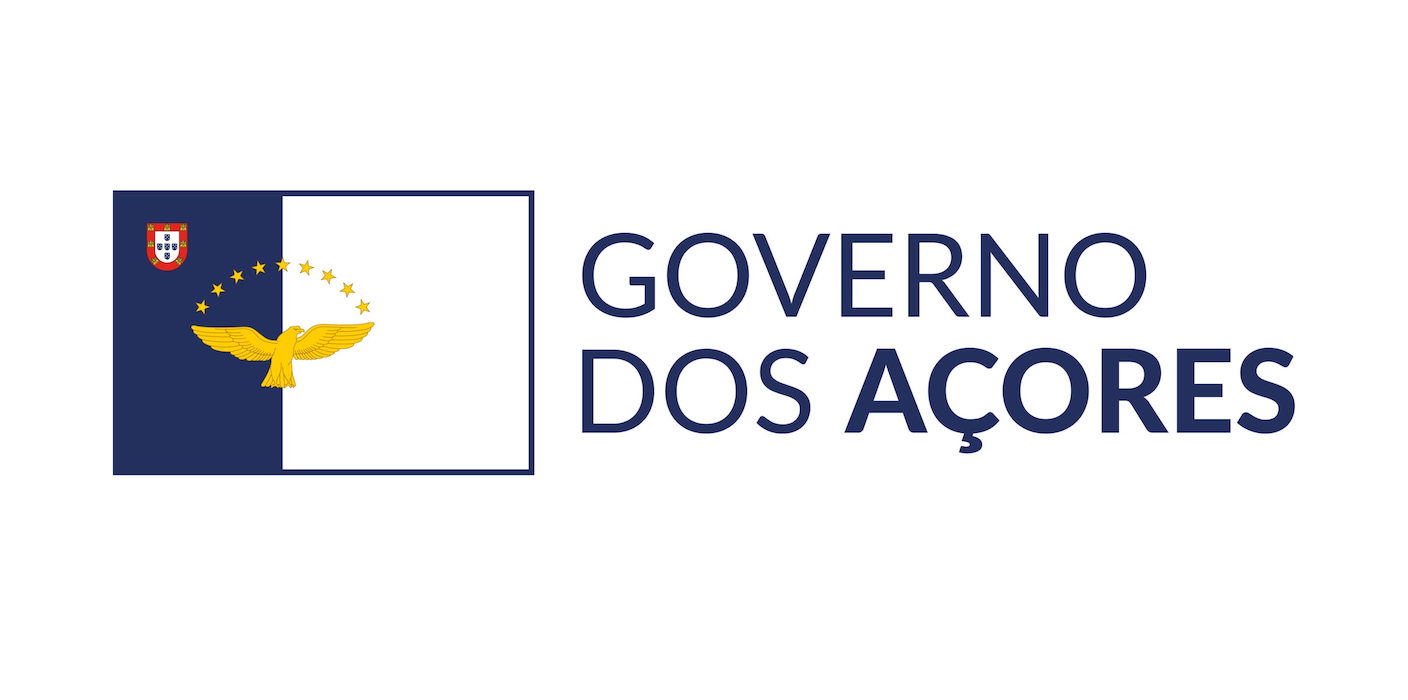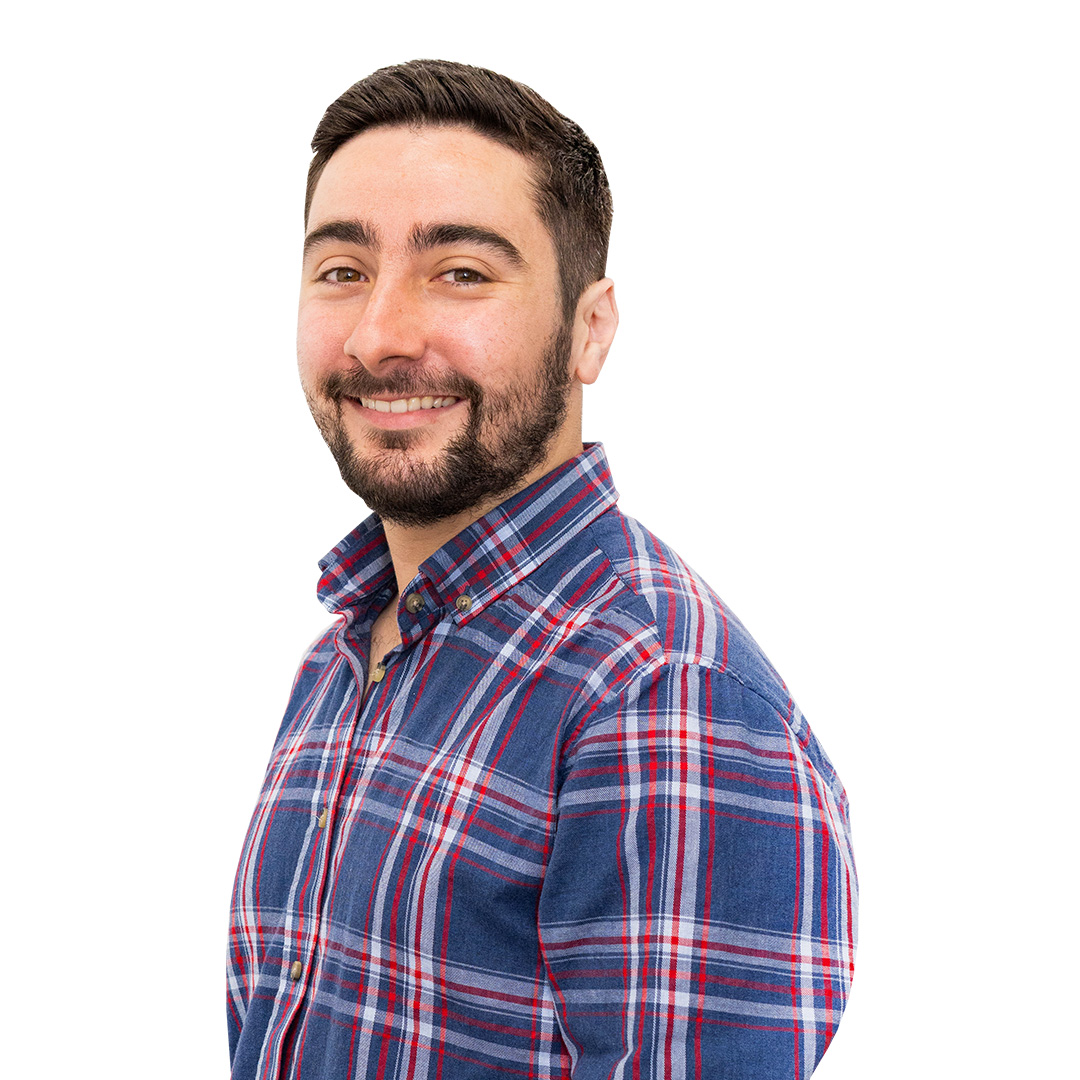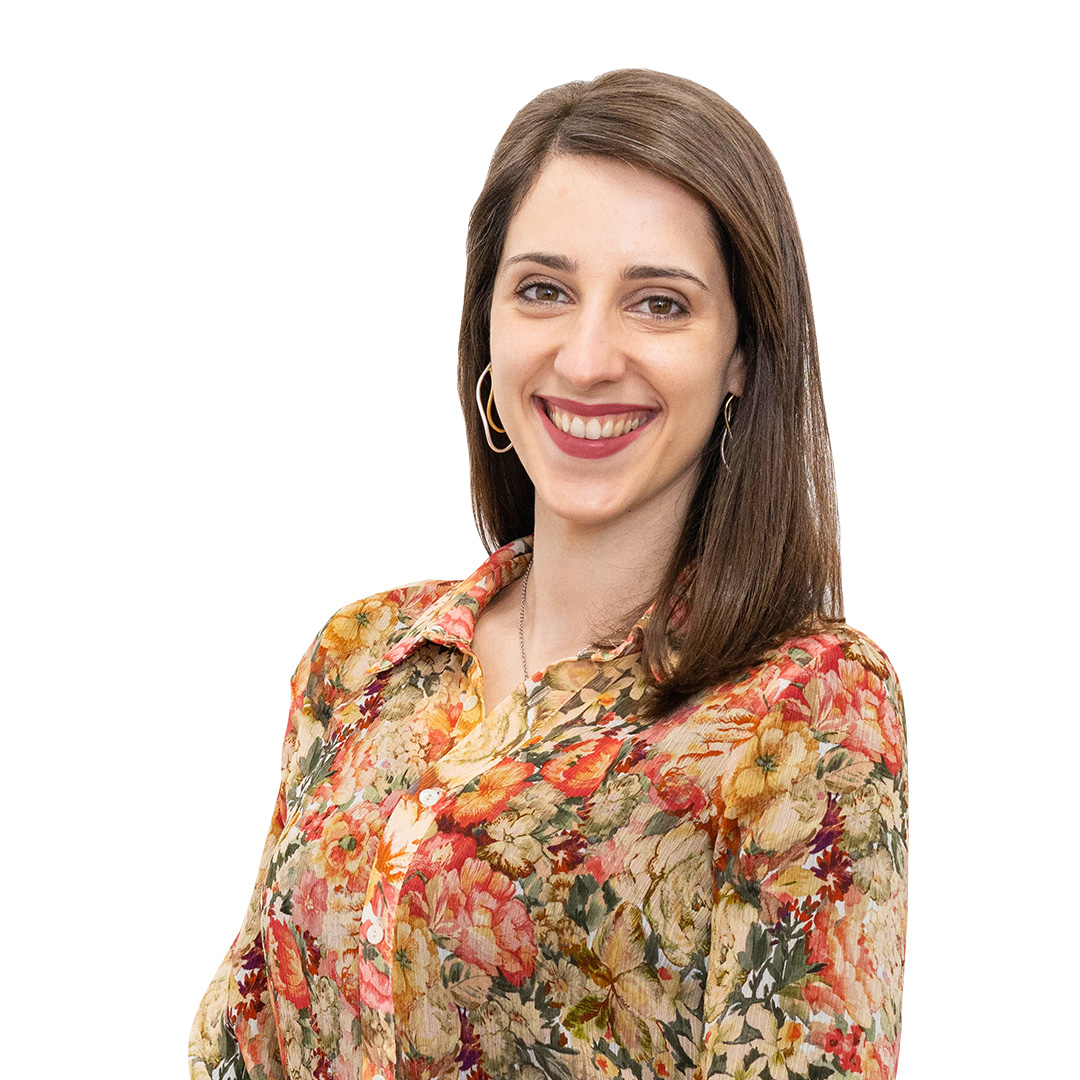
| Acronym: | M3.3.B/ORG.R.C./016/2022/EDIÇÃO 1 |
| Cost Center: | 1113 |
| Operation Code: | M3.3.B/ORG.R.C./016/2022/EDIÇÃO 1 |
| Title: | Paleolimnology in the Azores: Vision, challenges, new approaches and future directions |
| Start-End: | 18-04-2022 - 18-11-2022 |
| Entidade Beneficiária Principal: | Fundação Gaspar Frutuoso |
| Gestores da FGF: | Gonçalo Goulart, Paula Oliveira |
| Responsible Researcher: | Pedro Miguel Valente Mendes Raposeiro |
| Organic Units: | FCT - Faculdade de Ciências e Tecnologia |
| R&D Units: | CIBIO-A - Centro de Investigação em Biodiversidade e Recursos Genéticos |
| Entidade | Montante |
|---|---|
| Total Financing | 14.575,00 € |
| Direção Regional da Ciência e da Tecnologia (100.0 %) | 14.575,00 € |
| Direção Regional da Ciência e da Tecnologia (100.0 %) | 14.575,00 € |
Main Objectives:
Lakes are known as sentinels of change, providing a valuable source of information on the effects and mechanisms of environmental change. The historical record of lake sediments provides natural archives of past environmental changes. In recent years, work has been carried out in this area in two main areas: in terrestrial systems - landscape and climate history; and aquatic systems – history of the ecology and diversity of aquatic systems. With this work, scientific articles have been published in international peer-reviewed journals on these topics. One of the publications with the most impact at regional, national and international levels was the recent publication in the prestigious journal “The Proceedings of the National Academy of Sciences”, which reconstructs the conditions in which the Azores were first inhabited and the impact of the human presence in ecosystems. However, with the emergence of new technologies and methodologies, biological, chemical and physical, with the rapid evolution of statistical models and "machine learning", paleolimnology new opportunities have arisen to which we can provide answers to current problems, such as climate change, eutrophication, atmospheric deposition of pollutants, among many others. In this sense, we have the opportunity to bring together in this workshop local researchers and leading researchers in the areas of expertise. The main objectives of this workshop are 1) to have an overview of what has already been done in this area in the Azores; 2) identify research opportunities; 3) test new methodologies and; 4) establish future directions. At the same time, it is intended to transfer this knowledge to society in general. This workshop will take place on the island of São Jorge between the 12th and 16th of October 2022 and will be attended by two local researchers and eight reference researchers in their areas of expertise (see detailed program). This workshop is organized in three aspects: 1) Working meetings, where the aim is to respond to objectives 1, 2 and 4; 2) proof of concept, where 3 days of field work will be carried out to collect lake sediments from the São Jorge lagoons, in order to test new methodologies and (objective 3); 3) meetings open to society.
Project Description:
Lakes are known as sentinels of change, providing a valuable source of information on the effects and mechanisms of environmental change. The historical record of lake sediments provides natural archives of past environmental changes. In recent years, work has been carried out in this area in two main areas: in terrestrial systems - landscape and climate history; and aquatic systems – history of the ecology and diversity of aquatic systems. With this work, scientific articles have been published in international peer-reviewed journals on these topics. One of the publications with the most impact at regional, national and international levels was the recent publication in the prestigious journal “The Proceedings of the National Academy of Sciences”, which reconstructs the conditions in which the Azores were first inhabited and the impact of the human presence in ecosystems. However, with the emergence of new technologies and methodologies, biological, chemical and physical, with the rapid evolution of statistical models and "machine learning", paleolimnology new opportunities have arisen to which we can provide answers to current problems, such as climate change, eutrophication, atmospheric deposition of pollutants, among many others. In this sense, we have the opportunity to bring together in this workshop local researchers and leading researchers in the areas of expertise. The main objectives of this workshop are 1) to have an overview of what has already been done in this area in the Azores; 2) identify research opportunities; 3) test new methodologies and; 4) establish future directions. At the same time, it is intended to transfer this knowledge to society in general. This workshop will take place on the island of São Jorge between the 12th and 16th of October 2022 and will be attended by two local researchers and eight reference researchers in their areas of expertise (see detailed program). This workshop is organized in three aspects: 1) Working meetings, where the aim is to respond to objectives 1, 2 and 4; 2) proof of concept, where 3 days of field work will be carried out to collect lake sediments from the São Jorge lagoons, in order to test new methodologies and (objective 3); 3) meetings open to society.



